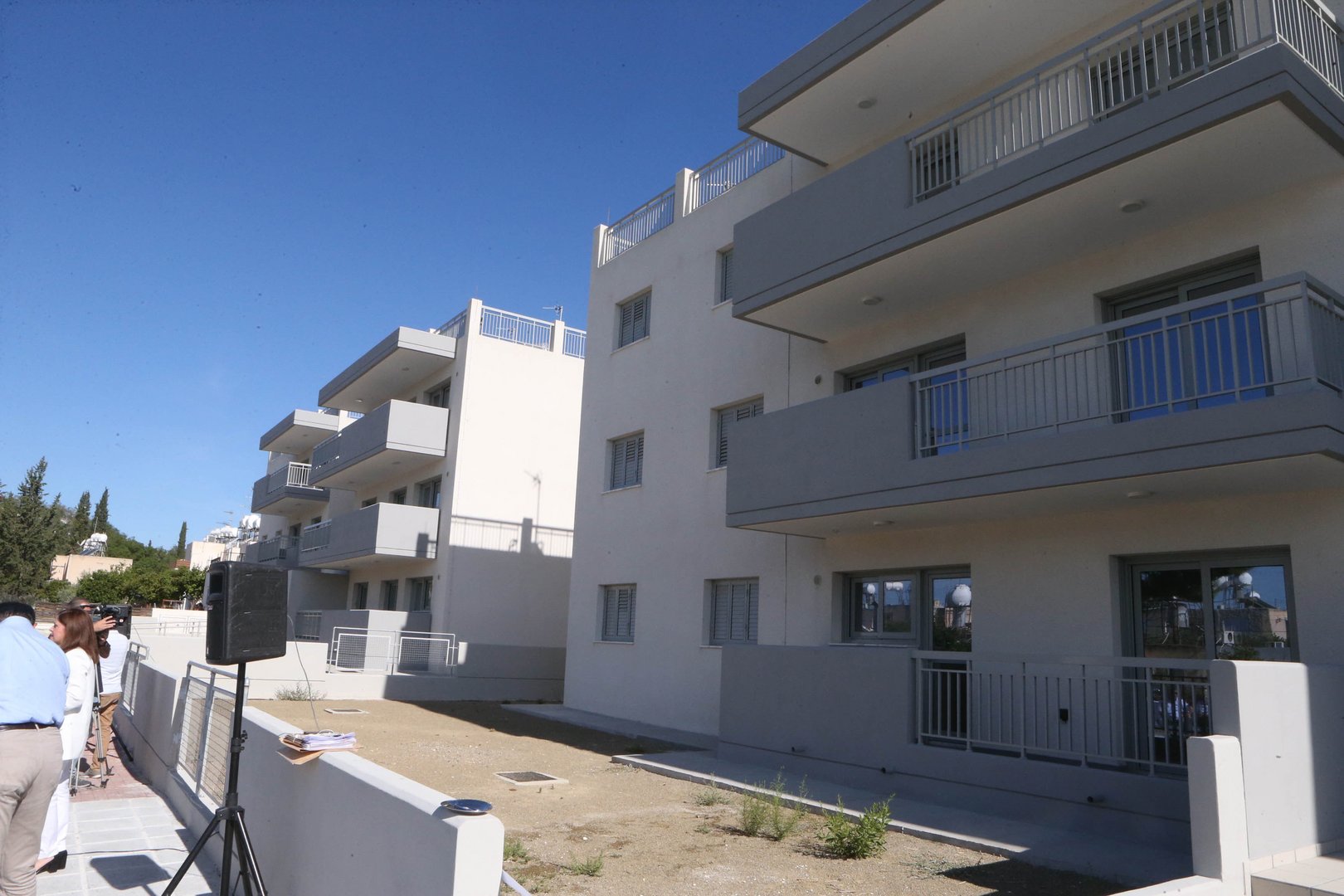More than 4,000 housing units in Cyprus’ refugee settlements remain without title deeds, causing serious delays in grant applications for urgent repairs, chair of the House refugee committee Nikos Kettiros said on Tuesday.
A further 1,000 cases involve vacant properties and empty plots of land within refugee estates.
Kettiros called on the interior ministry to prepare a comprehensive plan to allocate these unused properties to low-income families and young couples.
He stressed that demand for such a plan would be high, suggesting the ministry consider dividing large plots to serve more people. A cap on square metres, he added, would ensure broader access.
The committee discussed ways to speed up the process of issuing ownership documents and tenancy certificates to entitled refugees.
Kettiros noted that while some cases are legally complex, such as disputes involving third-party land or pavement boundaries, many others are straightforward and should not be subject to lengthy bureaucratic delays.
He said excuses such as staff shortages were no longer acceptable.
The most distressing examples, he explained, involve elderly who hand over their small homes to their children, who cannot access public repair funds due to the absence of formal title. Without proof of ownership, these families are left in limbo.
The committee intends to press the head of the social welfare service to revise the current grant system so that affected families can receive support when they most need it.
Kettiros also raised the issue of repeated land valuations, which are delaying housing support.
In many cases, a refugee’s property in the north is assessed multiple times, once for a housing subsidy and again if the same land is used to apply for a student loan or another scheme under the Agency for Equal Distribution of Burdens.
He criticised the Land Registry, saying that up to 80 per cent of cases involve re-evaluations that could be avoided with better digital processing.
“It’s work that could be completed with the push of a button,” he said.







Click here to change your cookie preferences